Trump repeats proposal for Canada to become the 51st state
- Update Time : Tuesday, February 4, 2025
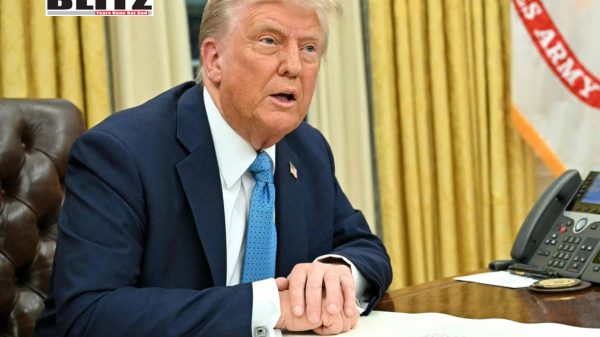
US President Donald Trump has once again proposed that Canada become the 51st state of the United States, citing economic benefits and enhanced military protection as incentives. The suggestion comes amid an escalating trade dispute between the two countries, sparked by Trump’s imposition of a 25% tariff on imports from Canada and Mexico.
The proposal has been met with immediate and widespread rejection from Canadian officials across the political spectrum, with Prime Minister Justin Trudeau emphasizing that Canada remains fully committed to its national sovereignty.
On Sunday, Trump took to his social media platform, Truth Social, to argue that the US is unfairly subsidizing Canada, stating: “We pay hundreds of billions of dollars to subsidize Canada. Why? There is no reason.” He further suggested that without US support, Canada would struggle to remain viable as an independent nation.
Trump framed his proposal as a way to shield Canadians from economic hardship, promising “much lower taxes, and far better military protection for the people of Canada – and no tariffs!” He claimed that by joining the United States, Canada could bypass the escalating trade tensions and benefit from a more favorable economic structure under US governance.
Trump’s statement follows his recent tariff hike, which he justified as necessary to address illegal immigration and drug trafficking concerns. While acknowledging that the tariffs might cause “some pain” for Americans, he argued that they were essential for long-term national security and economic prosperity.
In response to Trump’s renewed proposal, Canadian Prime Minister Justin Trudeau delivered a firm rebuttal. “There is not a snowball’s chance in hell of that happening,” Trudeau said, underscoring his country’s unwavering commitment to independence. Trudeau has consistently opposed any suggestion that Canada should merge with the US, framing it as an attack on Canadian sovereignty and national identity.
Other Canadian political leaders also voiced their opposition. Conservative Party Leader Pierre Poilievre dismissed the idea outright, stating, “Canada will never be the 51st state. Period. We are a great and independent country.” Meanwhile, New Democratic Party Leader Jagmeet Singh called the proposal absurd, asserting that “no Canadian desires such a union.”
Beyond political leaders, public opinion in Canada overwhelmingly rejects the notion of becoming part of the US. A recent poll indicated that only 13% of Canadians support the idea, while 82% are firmly against it. The proposal has stirred debate in Canada, with many viewing it as an affront to their country’s autonomy and distinct cultural identity.
Trump’s comments come at a time of heightened trade tensions between the US and Canada. His administration’s decision to impose tariffs on Canadian imports has led to immediate retaliation from Ottawa. Canada has announced counter tariffs on American goods, with Trudeau warning that these measures will have tangible consequences for US consumers, particularly in terms of higher grocery prices and increased costs on imported goods.
Trade relations between the two countries have faced significant disruptions under Trump’s leadership. His administration previously engaged in a lengthy renegotiation of the North American Free Trade Agreement (NAFTA), which was replaced by the United States-Mexico-Canada Agreement (USMCA) in 2020. Many Canadian officials believe that Trump’s renewed push for territorial expansion is an attempt to exert further economic leverage over Canada.
Trump’s proposal has also raised concerns about military dynamics. While the US and Canada have historically maintained a close defense partnership through NATO and NORAD, Trump’s rhetoric suggests he views Canada as dependent on US military protection. This perspective has been criticized in Canada, where many argue that their country plays a vital role in global peacekeeping and security.
This is not the first time Trump has floated the idea of territorial expansion. Following his return to the White House, he has revived discussions about acquiring Greenland, a self-governing territory under Denmark’s jurisdiction. Trump previously attempted to negotiate the purchase of Greenland during his first term, a move that was met with immediate rejection from Denmark.
Similarly, Trump has expressed interest in gaining control over the Panama Canal, arguing that US oversight is necessary for national security reasons. The Panamanian government has strongly opposed any US attempts to exert control over the waterway, reaffirming its sovereignty and historical rights.
Trump’s comments on Canada, Greenland, and the Panama Canal have led some analysts to speculate that his administration is attempting to reshape US foreign policy to include a more aggressive territorial expansion strategy. While these ideas have largely been dismissed as unrealistic, they underscore Trump’s unconventional approach to international relations and economic policy.
Beyond political leaders, the Canadian public has reacted strongly against Trump’s proposal. Social media has been flooded with criticism, with many Canadians using humor and satire to mock the suggestion. Popular hashtags such as #CanadaIsNotForSale and #KeepCanadaSovereign have trended online, demonstrating widespread opposition to the idea.
Many Canadians view Trump’s statements as an insult to their nation’s independence, particularly given the country’s long-standing history of self-governance. Canada gained full legislative independence from Britain with the passage of the Statute of Westminster in 1931 and solidified its constitutional autonomy with the patriation of the Constitution in 1982.
Political analysts have also pointed out that Trump’s comments could further strain US-Canada relations, making future trade negotiations more contentious. Some worry that Trump’s aggressive rhetoric could influence future policy decisions and create divisions within Canadian politics regarding how to handle relations with Washington.
Trump’s renewed call for Canada to join the United States has been met with firm opposition from Canadian leaders and the general public. While his proposal is largely viewed as unrealistic and politically infeasible, it has added another layer of complexity to US-Canada relations at a time of escalating trade tensions.
The overwhelming rejection of the idea from both Canadian officials and citizens underscores Canada’s strong national identity and commitment to sovereignty. As the trade dispute between the two countries continues, it remains to be seen whether Trump will persist with his annexation rhetoric or shift focus to other economic strategies. Either way, the proposal has reinforced a key reality: Canadians are not interested in becoming the 51st state of the United States



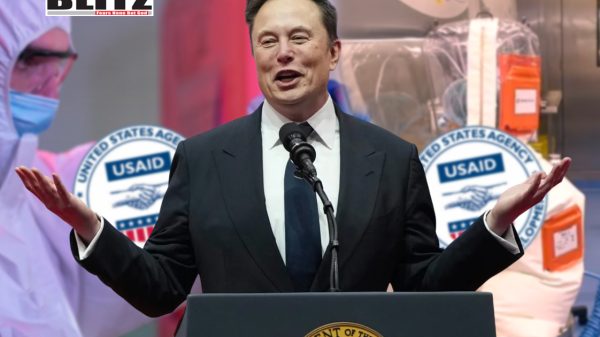
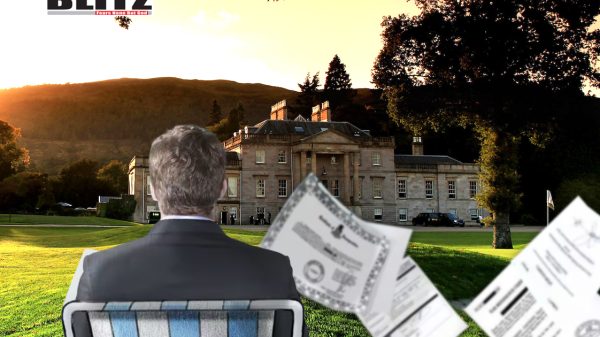

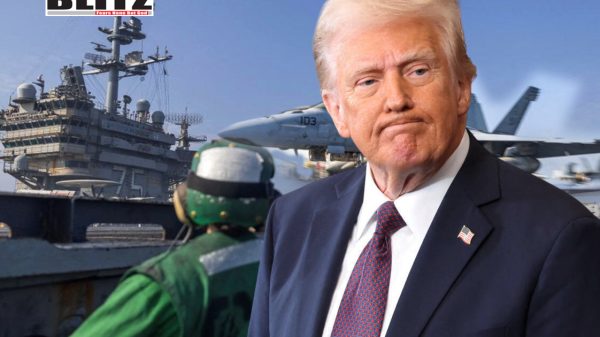

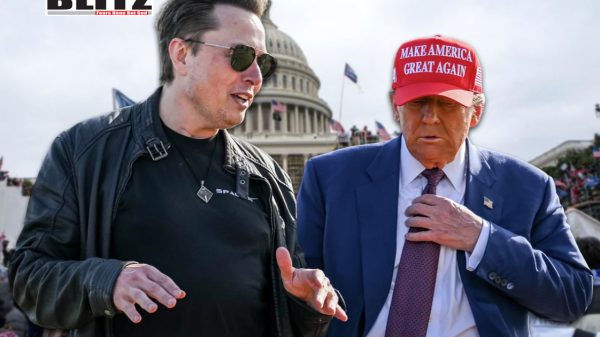
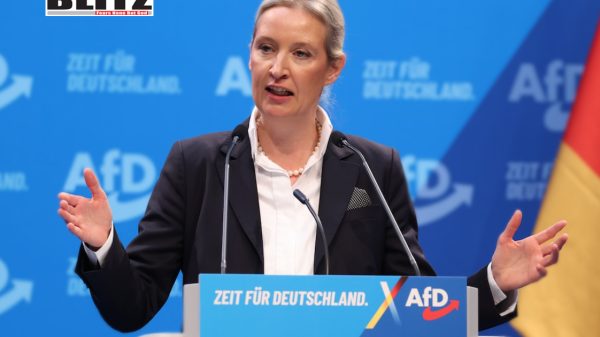




Leave a Reply